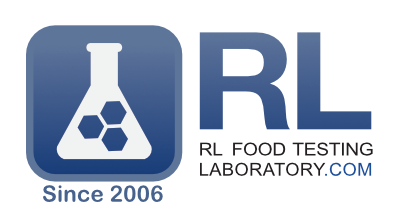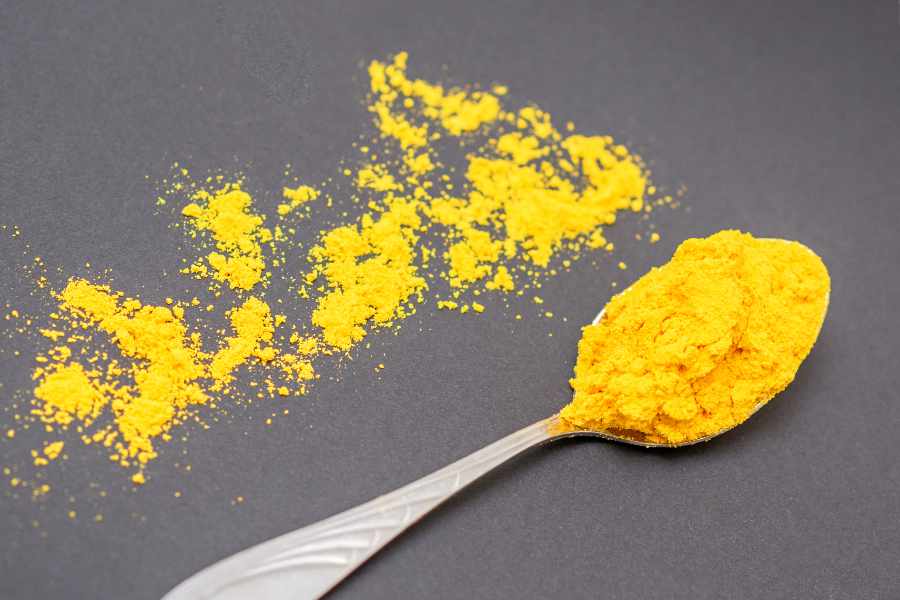Heavy Metals in Ayurveda
Ayurveda is an ancient holistic healing system that emphasizes the interconnectedness of body, mind, and spirit. It’s a practice steeped in natural remedies, with herbs, minerals, and metals playing a pivotal role in its pharmacopeia. However, in this age of environmental pollutants and manufacturing shortcuts, the presence of heavy metals in Ayurvedic products has become a pressing concern that has caused illnesses in people, shining a spotlight on the importance of rigorous testing.
The Perils of Heavy Metals in Ayurvedic Remedies
Heavy metals can find their way into Ayurvedic supplements through various means, often due to environmental contamination or the use of traditional recipes that incorporate metals as therapeutic agents. Heavy metals may appear in Ayurveda supplements through several ways:
- Soil Contamination: Plants and herbs used in Ayurvedic preparations absorb minerals and other substances from the soil they grow in. If the soil is contaminated with heavy metals like lead, mercury, or arsenic, these toxic elements can be taken up by the plants and end up in the supplements.
- Water Contamination: Similar to soil, if the water used for irrigation is contaminated with heavy metals, this can lead to accumulation of these metals in the herbs.
- Traditional Preparation Methods: Certain Ayurvedic practices involve the intentional addition of metals, such as gold (Swarna Bhasma), silver (Rajat Bhasma), copper (Tamra Bhasma), and mercury (Rasa Sindoor), as part of their formulations. If not properly purified and prepared according to the classical methods, these metal-based preparations can retain toxic levels of heavy metals.
- Processing and Manufacturing: During the manufacturing process, contamination can occur due to the use of impure ingredients, inadequate processing methods, or from equipment that leaches metals.
- Packaging Materials: Packaging materials that are not food-grade or that contain heavy metals can also be a source of contamination.
- Adulteration: Unintentional or intentional adulteration of herbal products with cheaper, contaminated materials can introduce heavy metals.
- Environmental Pollution: Industrial pollution and improper disposal of waste can lead to widespread environmental contamination, which can indirectly affect the purity of the ingredients used in supplements.
Additionally, traditional Ayurveda practices incorporated metals like gold, silver, copper, mercury, and lead in meticulously crafted preparations known as ‘bhasmas,’ believed to treat a myriad of ailments. When properly prepared and used in precise doses, these substances are considered beneficial. But improper manufacturing processes can lead to unsafe levels of heavy metals, which pose significant health risks, such as neurological disorders, renal impairment, and even systemic toxicity.
Why Heavy Metal Testing is Non-Negotiable
Heavy metal testing transcends being a mere recommendation; it is a necessity. As heavy metals can seamlessly blend into herbal matrices, their presence in Ayurvedic products can go unnoticed to the naked eye, making laboratory testing the only reliable method for detection. Chronic exposure to even trace amounts can accumulate in the body over time, leading to toxicity. Therefore, testing ensures that the products are safe for consumption and that the healing essence of Ayurveda is preserved without being compromised by contemporary environmental challenges.
ISO-Certified Laboratories: Guardians of Purity
ISO-certified laboratories stand as guardians of purity and safety in the production of Ayurvedic supplements. An ISO certification implies that a laboratory has a robust quality management system in place and adheres to the highest testing standards. Manufacturers seeking to validate their commitment to safety must partner with these laboratories to conduct heavy metal testing.
The Manufacturer’s Commitment to Safe Ayurveda
Manufacturers can initiate partnerships with ISO-certified laboratories by reaching out and discussing their specific needs. They must provide comprehensive details about the product matrix, expected heavy metal content, and the sensitivity required for the tests. A collaborative approach, where manufacturers and laboratories work in tandem, ensures that the testing protocols are tailored to the unique aspects of Ayurvedic supplements. Testing also ensures that ingredient suppliers are providing pure and potent ingredients that are safe for consumption and use.
A Call for Diligent Practice
As Ayurvedic healing trends increase, we must be vigilant about the potential dangers lurking within untested products. Heavy metal testing is not just a regulatory hurdle but a moral imperative to safeguard health. By building partnerships with ISO-certified laboratories, manufacturers of Ayurvedic products can provide high quality supplements for this ancient practice.







